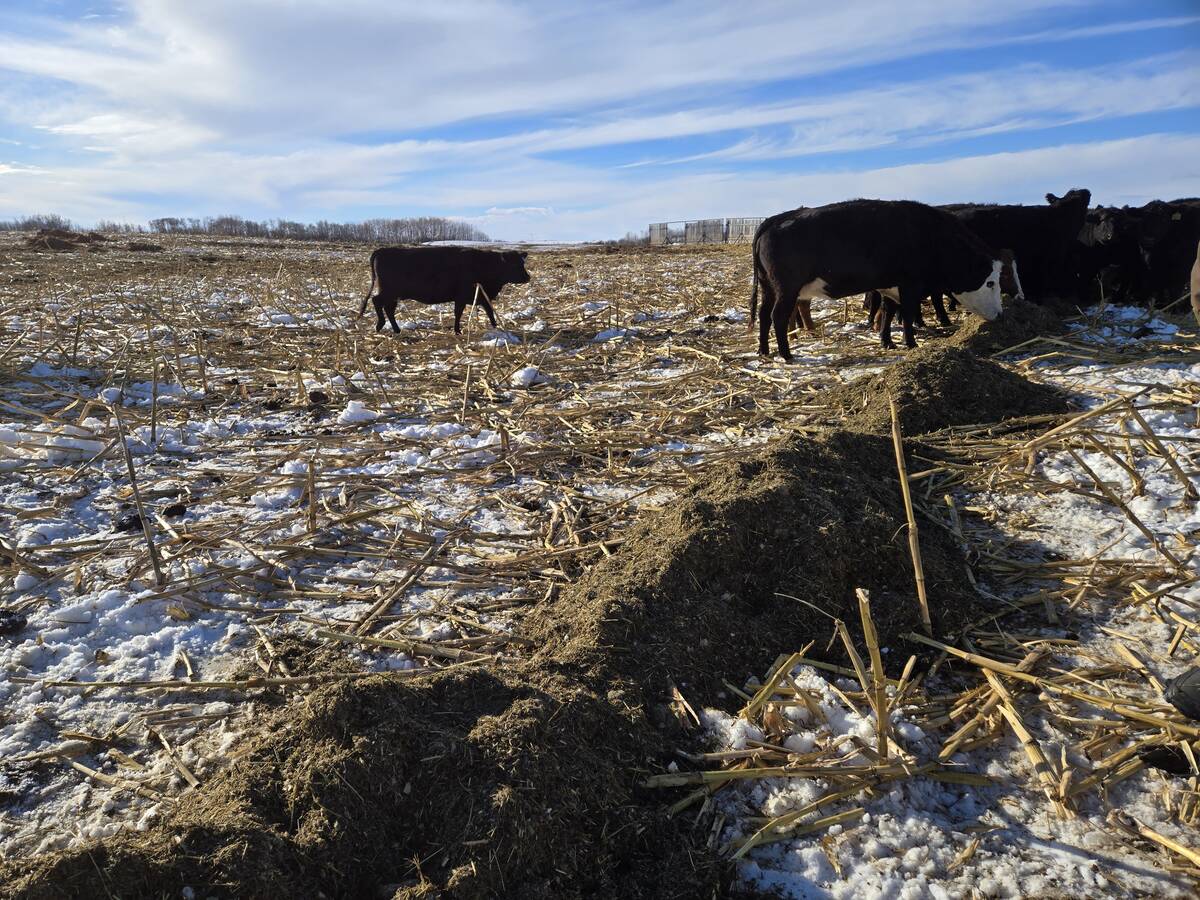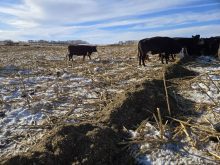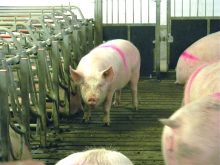Food production is the foundation of all societies and we need policies that support entrepreneurs and sustainability
Enabling policy is the backbone of any successful economy because it allows for creative, innovative ideas to grow and thrive.
Enabling policy includes domestic and foreign policy that supports entrepreneurs and sustainability in established business. In my view, it is measured in terms of a healthy and educated middle class, lively rural communities, and an increase in international trade.
We are blessed in Canada with vast resources and opportunities, a supportive federal minister of agriculture who is knocking on doors globally, and a resurgence of interest in farming and ranching. Although it appears that young folks are leaving the farm for work, it is also true that some are leaving short term for agricultural education. As well, more early retirees are trying their hand at food production. This changing demographic is rather unconventional, but farming today isn’t restrained by borders, class, age, gender, location, income, culture or politics.
Read Also

Winter grazing tour highlights cost-saving mix of cover crops and silage
Discover one beef producer’s strategies to slash winter feed costs — and how to make sure it meets a cattle’s nutritional needs.
At the same time, urbanization is a very real, and global, phenomenon. The majority of the world’s population is soon to live within 60 kilometres of a shore, and the migration of people from the country continues. This is contributing to the reduction of the labour force for agriculture and the erosion of rural economic health in small towns. Often these small towns were dependent on low attrition and the continuation of family farms and ranches. It is because of this concern that I am often asked in my rural travels how we could save the family farm.
Some start the debate by asking, “Does the family farm need saving?” My response is that the majority of farms and ranches in Canada are family owned and operated. In that context then, the definition of family farm includes corporate holdings, feed yards and agribusinesses. I do however, question the validity of the question in terms of potential solutions. A more appropriate discussion may be where agriculture fits within the framework of a larger societal policy.
Throughout time, every civilization has evolved around food. Water and fertile land have been the backbone of survival and trade routes then expanded the farmed and ranched goods and services. It was for food that wars were fought and princesses were stolen, and it was for food that fortresses and aquifers were built and armies employed. And it is for food that we must readdress the policy of rural Canada. Doing so is a tough sell in a country that has the highest level of food wastage worldwide at nearly 40 per cent. As a population we are often overpaid, overweight, overleveraged and underappreciative. There is a very real disconnect between the farmer and the consumer because there is little need of it. Domestic and imported food in this country is readily available as we maintain our status as one of the top 10 importers of food and top 10 exporters of commodities and products worldwide. At the same time, other countries view our nation as an opportunity and invest in production land and facilities. Despite the strong feeling I encounter both for and against outside investment, there is a reason for it. Someone, somewhere, understands the value of food. Food security is about assets and trade arteries, both of which Canada can supply and that makes our land and our farms attractive to outside investment and further pressures family farms.
To counter the cry to save the family farm, it may be necessary to take a very bold step and walk beyond the farm gate to the urban kitchen for the purpose of identifying food as a societal need protected under social rather than agricultural policy.
The relationship of food and agriculture is clearly evident to us because we are in the game. But consumers often see us as just farmers and do not understand our role in the continuation of a civilization or a healthy economy. If we educated the consumer and asked them to realize that farmers are the sole source of food, I would expect their view of agriculture may change. It may indeed spur the discussion of where agriculture belongs in terms of policy, as well as a new passion for all farms may spread from the city to the country.
Today, farming is cool. Canadians pay little for food as a percentage of income and we have the distinction of being on the land. We do not however, enjoy the respect or reputation we need to survive the backlash of severe food inflation or shortages. On the other side of the fence, farmers face rising production costs and are generally removed from the processing profit centres. Either way, when the going gets tough, agriculture will be forced into creative solutions and will need enabling policy to support it. If the business of food fell under social policy, then both farmers and consumers would be protective of each other. The question is: At what cost? The answers are certainly not clear but until we look collectively at the continuation of agriculture beyond just the sustainable model in a win-win way, we will not move closer to long-term solutions as a nation, regardless of where agriculture resides.















